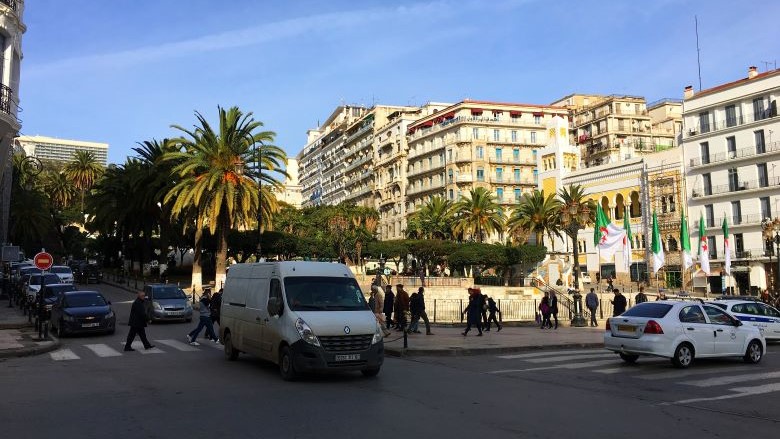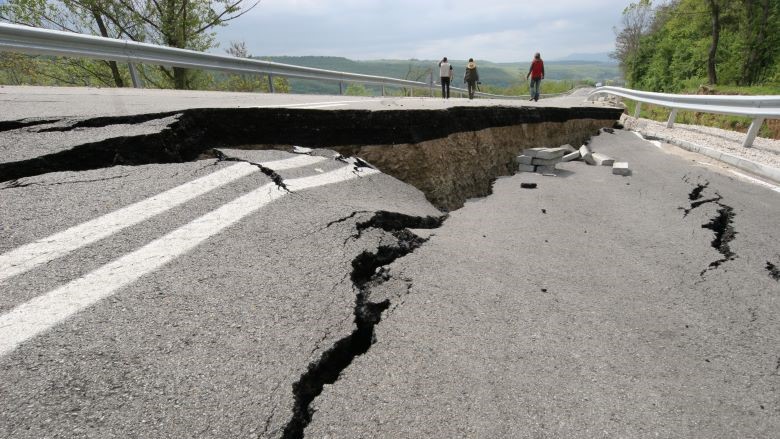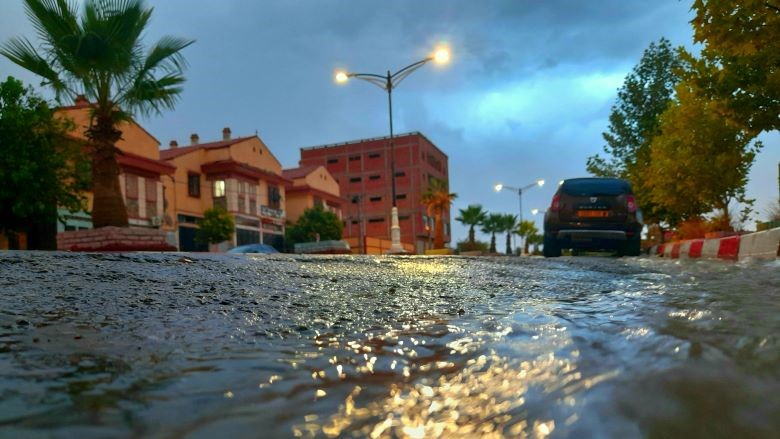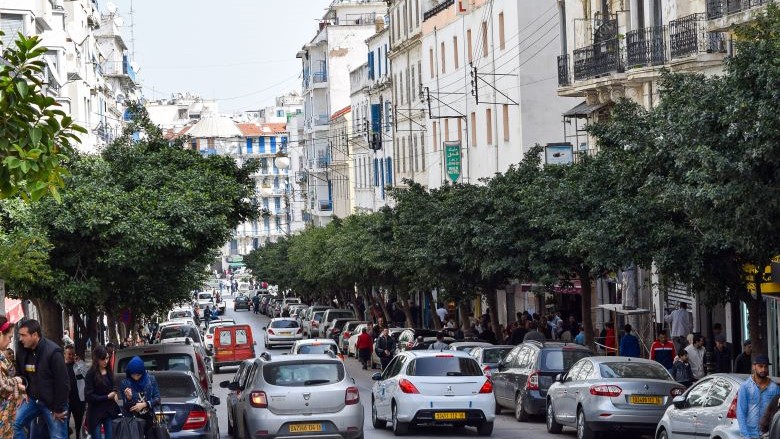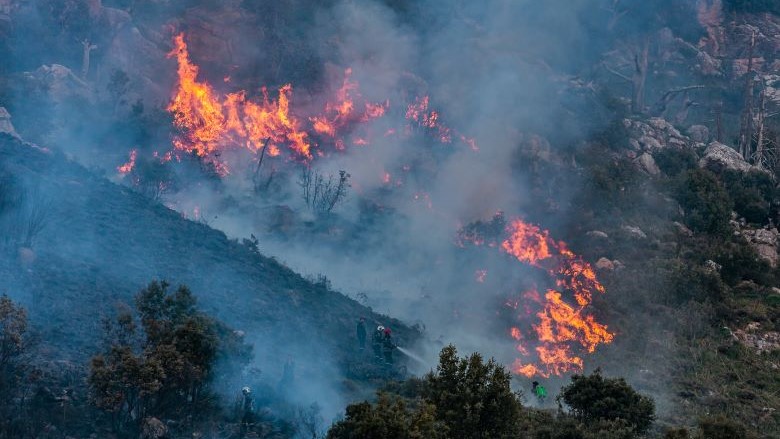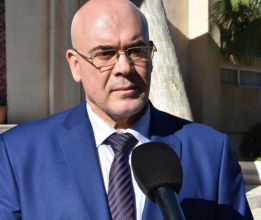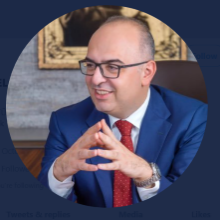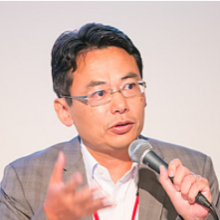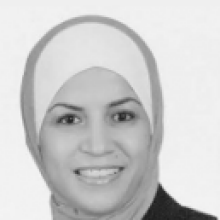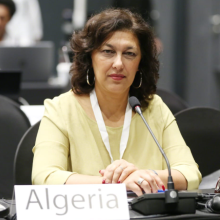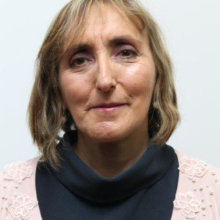The Government of Algeria, in collaboration with the World Bank, organized a virtual study tour aiming to bring together Algerian stakeholders with Disaster Risk Management (DRM) experts from around the world.
This series of virtual knowledge-exchange events focused on successful DRM case studies from countries that share Algeria’s disaster risk profile around issues such as earthquakes, floods, and forest fires. As such, the discussions provided Algerian delegates with an opportunity to discuss DRM prioritization and international best practices in disaster preparedness, reduction and response.
